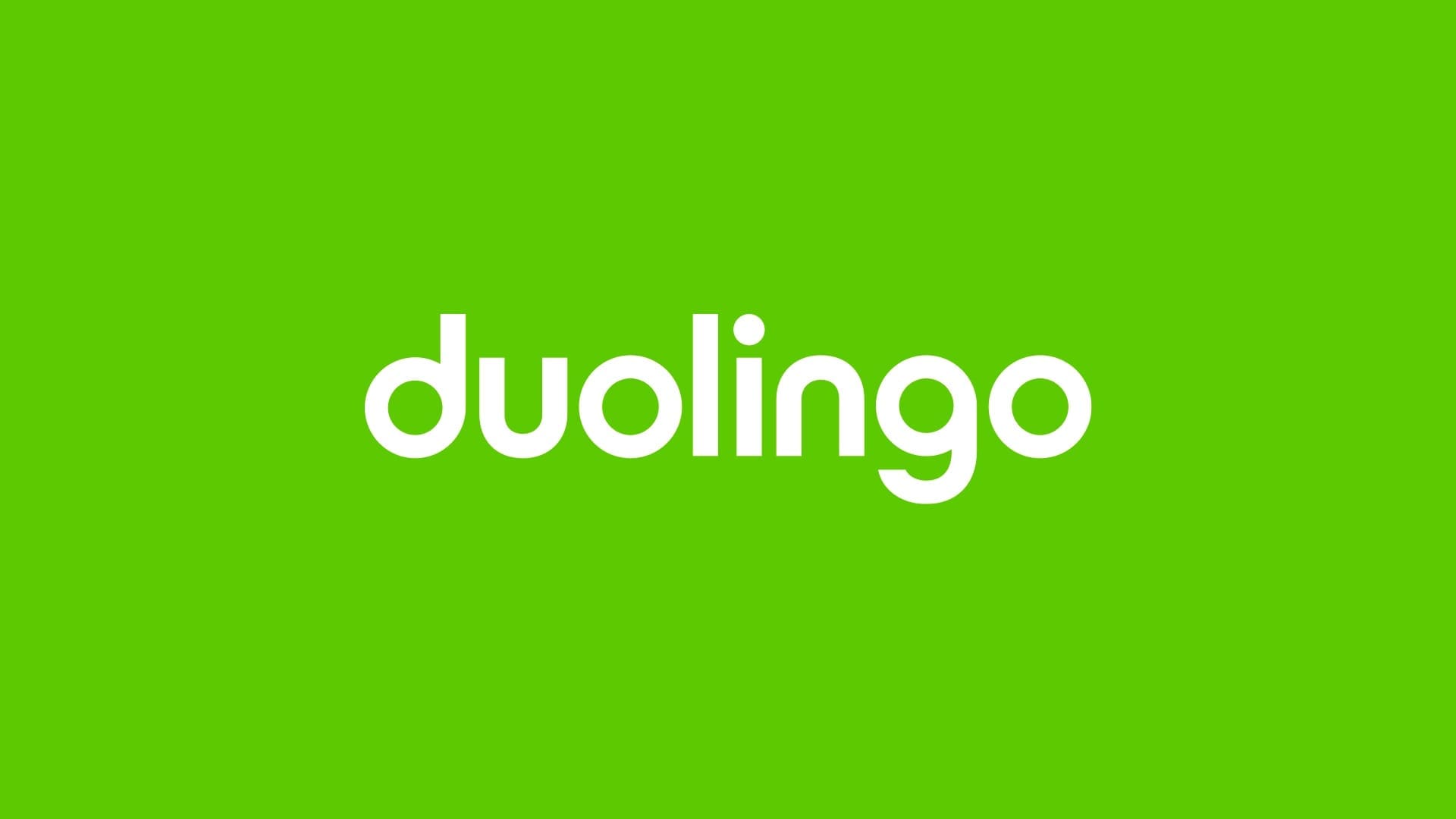- Duolingo is making moves to become an AI-first company.
- This means the company will stop hiring contractors and will instead deploy AI to do those jobs.
- Employees will need to embrace AI or risk getting the boot when performance reviews roll around.
Despite saying artificial intelligence won’t replace humans, technology firms are quick to turn around and do just that.
The latest firm to start dancing with the idea of replacing humans with AI is language learning app Duolingo. The company’s chief executive officer, Luis von Ahn said in a memo posted to the firm’s LinkedIn page that, “We’ll gradually stop using contractors to do work that AI can handle”.
AI use will also form part of what Duolingo looks for in prospective employees moving forward. Employees will also need to use AI and this will be factored into performance reviews.
But wait, it gets worse. Duolingo also says that if a team needs more help, new employees will only be hired “if a team cannot automate more of their work”.
Despite these changes, Duolingo wants people to know it “cares deeply about its employees”. Unfortunately, contractors aren’t employees though so, they don’t receive that level of care.
Duolingo wants to be AI first, but the way von Ahn speaks, you’d think he wants to turn the company into an AI-powered content creator.
“Being AI-first means we will need to rethink much of how we work. Making minor tweaks to systems designed for humans won’t get us there. In many cases, we’ll need to start from scratch. We’re not going to rebuild everything overnight, and some things-like getting AI to understand our codebase-will take time. However, we can’t wait until the technology is 100% perfect. We’d rather move with urgency and take occasional small hits on quality than move slowly and miss the moment,” the CEO told employees.
What von Ahn doesn’t seem to factor into his thinking is users. The systems designed by Duolingo are designed for humans, because humans use the platform. We’re sure some bots are using the tech but the core of Duolingo’s business is humans learning how to communicate with each other. Adding machines to that mix, especially machines prone to making stuff up, maybe more bad than it is good.
While the decision to frame the move to AI-first is to make the company better, we have to wonder how long the runway is to replacing everybody with AI.
Why Duolingo is making this move is unclear. Putting aside the hype around AI for a second, the company saw more users joining the platform last year which improved revenue by 41 percent in 2024. It seems that really, Duolingo wants to keep a larger portion of the pie which is fine, it just needs to be upfront about that instead of trying to paint it as some valiant crusade to be a pioneer.
IBM last year scrapped thousands of jobs it believed could be done by AI. However, it was later reported that IBM didn’t really have the capacity to do this and would more than likely lean on human contractors to do the job its AI isn’t capable of doing.
While business leaders take a “move fast and break things” approach to AI deployment within a business, that could end up hurting them more than it helps. Especially if we come to find that like the DotCom boom, AI is just the latest bubble inflating to the point it pops.

